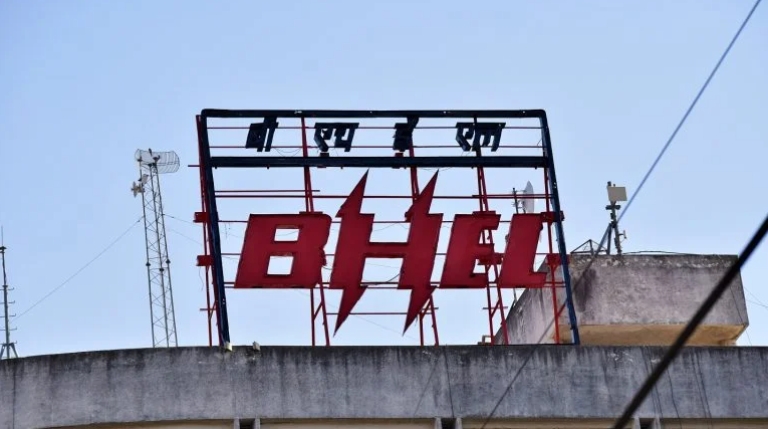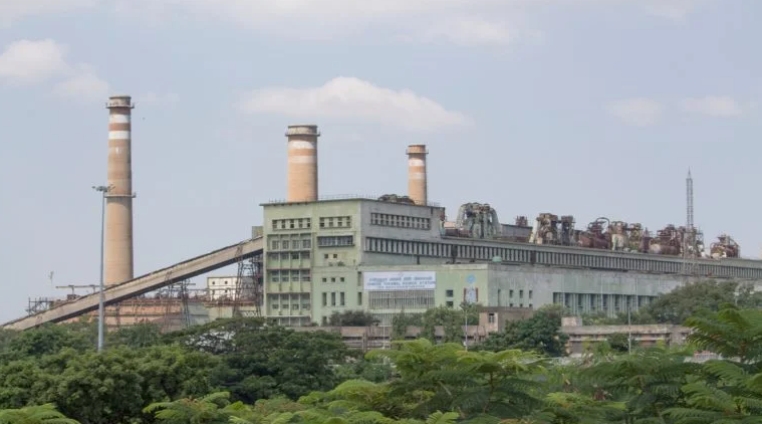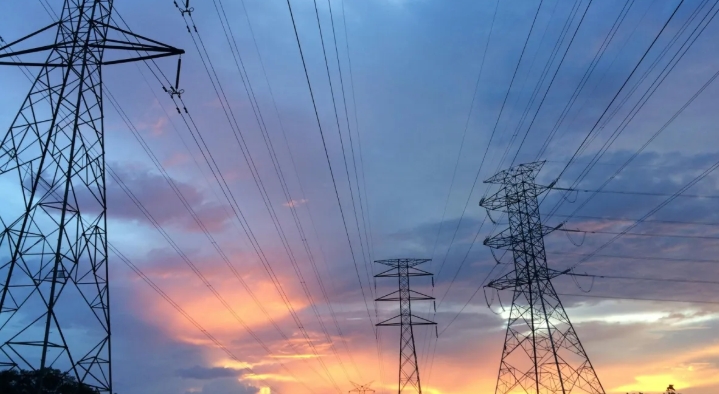Europe needs its own battery recycling industry, and the EU’s European Battery Alliance should make it happen. For economic, strategic and environmental reasons, today’s overwhelming dependence on outsourcing – in this case to Asia – for battery manufacture and recycling needs to change. To start with, Asia provides over 90% of global car battery output, half coming from China. With recycling, EV batteries are not yet recycled anywhere at scale because the market is still in its infancy and battery lifetimes need to be exhausted first. But that day will come soon, and the industry will expand rapidly: the IEA says by 2030 15%-30% of new car sales will be EVs. As it stands, Asia is poised to dominate EV battery recycling too, given it’s done that with small electronic batteries (for smartphones, computers, tablets, etc.) Here Danino-Perraud summarises his report “The Recycling of Lithium-Ion Batteries: A Strategic Pillar for the European Battery Alliance”. He runs through the obstacles, including Europe’s lack of knowledge throughout the manufacturing value chain, innovations that can rapidly change the raw materials used and chemistries involved, and large commodity price volatility. He ends by stressing that though Asia can beat the rest of the world on costs, putting a price on the full carbon footprint of battery manufacture and recycling can swing the balance Europe’s way.
Although it is still marginal, the market for electric vehicles (EVs) is growing. According to the French Institute of Petroleum and Renewable Energies (IFPEN, Institut Français du Pétrole et des Énergies Renouvelables), EVs accounted for a little more than 2% of the light vehicle market in 2019.
This was up by 54% compared to 2018, but EVs still only represent 0.8% of the global car fleet. That said, the International Energy Agency (IEA) estimates EVs could make up between 15% and 30% of vehicle sales in 2030.







